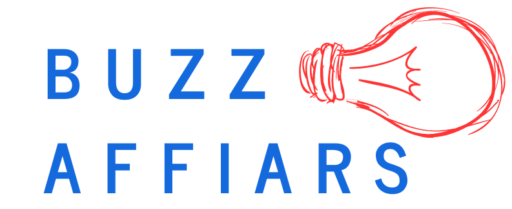Spotify has been testing a new feature that could revolutionize the way we consume and share music. The feature is called “token-enabled playlists” and it allows users to create playlists that can only be accessed by people who have been given a special token.
This new feature is currently being tested with a small group of users, but if successful, it could be rolled out to the entire platform in the near future. In this blog post, we will take a closer look at what token-enabled playlists are, how they work, and what they could mean for the future of music streaming.
What are token-enabled playlists?
Token-enabled playlists are playlists that can only be accessed by people who have been given a special token and are Spotify followers of particular music artists. This token can be shared with friends, family members, or even strangers, allowing them to access the playlist as well.
The tokens themselves are generated by Spotify and can be shared via social media, messaging apps, or any other platform that allows for the sharing of links and can enhance Spotify plays. Once someone has been given a token, they can use it to access the playlist on their own Spotify account.
How do token-enabled playlists work?
Creating a token-enabled playlist is simple. Users can create a new playlist just like they would normally, but when they go to share the playlist, they have the option to enable tokens. Once tokens are enabled, Spotify will generate a unique token for that playlist.
Users can then share this token with anyone they want to give access to the playlist. When someone clicks on the link, they will be prompted to log in to their own Spotify account (if they are not already logged in). Once they are logged in, they will be able to access the playlist just like any other playlist on their account.
What are the potential benefits of token-enabled playlists?
There are several potential benefits to using token-enabled playlists. Here are just a few:
- Increased privacy: One of the main benefits of token-enabled playlists is that they offer increased privacy. Users can share their playlists with only the people they want to, without worrying about their playlists being discovered by others.
- Better sharing: Token-enabled playlists also make it easier to share playlists with others. Instead of having to ask for someone’s Spotify username or send them a link that anyone can access, users can simply share a token with the people they want to give access to.
- New ways to monetize: Another potential benefit of token-enabled playlists is that they could offer new ways to monetize music. For example, artists or record labels could create token-enabled playlists and sell access to them as a way to generate revenue.
- Exclusive content: Token-enabled playlists could also be used to offer exclusive content to fans. For example, an artist could create a token-enabled playlist of their favorite songs or behind-the-scenes footage from a concert tour and only give access to fans who have purchased a ticket to their show.
What are the potential drawbacks of token-enabled playlists?
While there are certainly some potential benefits to using token-enabled playlists, there are also some potential drawbacks. Here are a few:
- Limited sharing: One of the biggest potential drawbacks of token-enabled playlists is that they are limited in terms of who can access them. While this can be a benefit in terms of privacy, it can also be a downside if someone wants to share their playlist with a larger audience.
- Complexity: Token-enabled playlists also add a layer of complexity to the sharing process. Users need to generate a token and then share it with others, which can be confusing for some people.
- Potential for abuse: Finally, there is always the potential for abuse with any new technology. For example, someone could generate a token for a playlist and then sell access to it on the black market. While this is certainly not a desirable outcome, it is a possibility that
Also Read: 4 Safety Benefits of Choosing the Right Hiking Socks
Final Verdict: Spotify Is Testing Token-Enabled Playlists
While there are potential drawbacks to token-enabled playlists, it is important to note that Spotify is likely to have safeguards in place to prevent abuse. Additionally, as with any new technology, there may be some initial confusion or resistance to change, but users will likely adapt over time.
Overall, token-enabled playlists have the potential to offer new ways to share and monetize music, while also providing increased privacy for users. As the music streaming industry continues to evolve, it will be interesting to see how this new feature is received and whether it becomes a permanent part of the Spotify platform.
In conclusion, token-enabled playlists are an exciting new feature being tested by Spotify that could change the way we consume and share music. While there are potential benefits and drawbacks to this technology, it has the potential to offer new ways to monetize music, provide increased privacy, and offer exclusive content to fans. As with any new technology, it will be important to monitor how it is received by users and ensure that safeguards are in place to prevent abuse.

